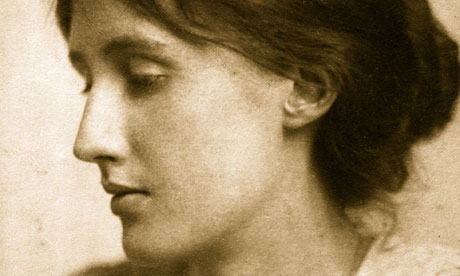Virginia Woolf was the product of a broken home, and was raised with her stepfather and several step-siblings. From an early age, she was highly emotional and had trouble coping with the various tragedies that life tossed her way. But Virginia found a way to escape the pain of her mother's untimely death, the tragic shock of her sister's unexpected death and the other sad events that occurred in her life: books. Se was given full access to her father's library, and here she fell in love with the written word. Here, she became Virginia Woolf, the author.
Being Blue
Like lots of authors, Virginia Woolf started publishing her own books. She and her husband purchased a printing press, mostly as a hobby, and pretty soon they turned it into a business. She published several novels using the press.
Virginia Woolf was a prolific writer. She wrote several books in the span of a few short years, and received recognition in her own time as a talented woman of letters.
It sounds like a happy story, doesn't it? Her life was marked by death as a child and young woman, but she discovered a love of words and found her own voice as an adult. She took matters into her own hands, like all the greatest self-published authors, and she made the world notice her. But the story of
Virginia Woolf is not a happy one. Like so many others in her family, her story ends in tragedy.
























